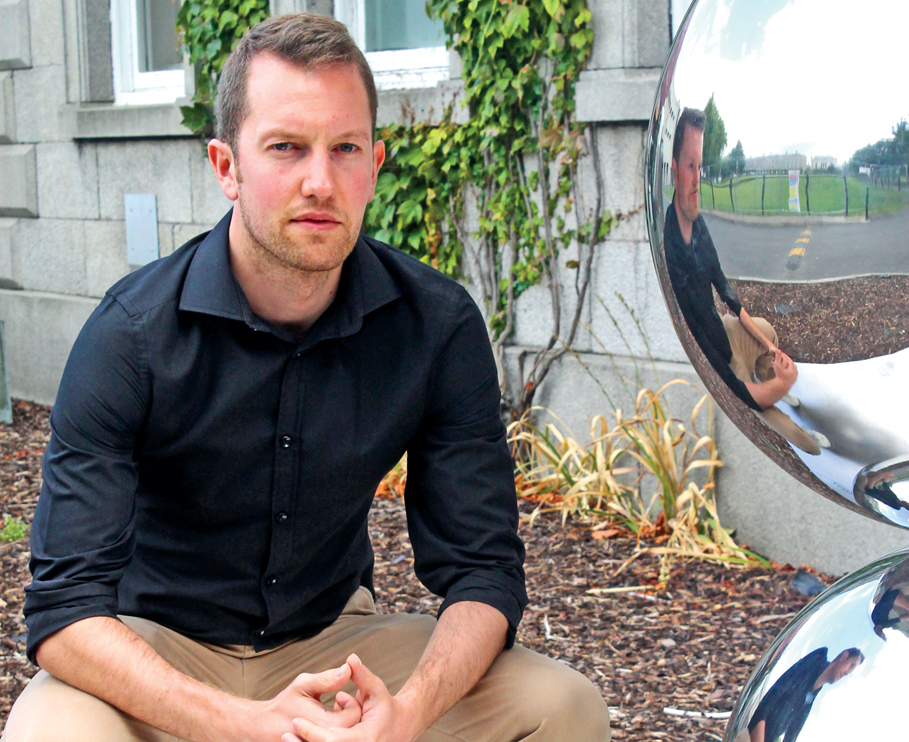
Dr Roche is among 100 finalists shortlisted to take part in the project, which hopes to establish a permanent human colony on Mars.
‘Mars One’ is a Dutch not-for-profit organisation, vying against several government space agencies to be the first to send humans to the planet. They intend to send crews of four every two years, starting in 2024.
Speaking to online magazine Medium, Dr Roche said that his “nightmare” about the initiative “is that people continue to support it and give it money and attention, and it then gets to the point where it inevitably falls on its face.”
He expressed grave doubts about the selection process used by the ‘Mars One’ group, which sees the finalists marked by a points system, based on how much money they can raise for the mission and how much official merchandise they buy. He dismissed as false the alleged figure of 200,000 applicants to the programme, claiming that the real number is fewer than 3,000.
According to Dr Roche, the amount of contact that he has had with those carrying out the application process is totally inadequate. “All the info they have collected on me is a crap video I made, an application form that I filled out with mostly one-word answers… and then a 10-minute Skype interview,” he said. He told Medium magazine that candidates were promised a face-to-face meeting with the organisers, but this has yet to happen, and that the selection criteria and training methods used by ‘Mars One’ are severely lacking compared to NASA’s equivalents.
Despite these misgivings, Dr Roche hopes that his criticisms will not diminish his chances of being selected for the mission.
In an interview on RTE’s Morning Ireland yesterday, he explained, “I’m not out to get ‘Mars One’ or anything. I’m just raising some of the questions that I think we need to ask ourselves about the mission.” He added, “I hope that it’s the type of organisation that would embrace the concerns of scientists… The people involved surely have the right to ask for more information and more openness and transparency.”
Dr Roche elaborated in an article published in The Guardian yesterday: “I think that the shortcomings of the selection process, coupled with their unwillingness to engage and collaborate with the scientific community, means that the time might have come for Mars One to acknowledge the implausibility of this particular venture. They could then perhaps turn their efforts towards supporting other exciting and more viable space missions.”
Photo: News Four






